
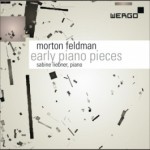
Morton Feldman’s sparse, fragile, meticulously calibrated, and singularly sonorous piano output attracts more and more pianists on disc, including Sabine Liebner, whose sonically and interpretively
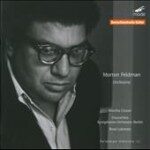
A disc like this really is impossible to criticize in terms of performance. These works all involve a degree of randomness; some use graphic notation.
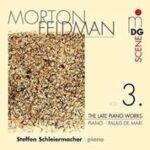
Volume 3 in Steffen Schleiermacher’s survey of Morton Feldman’s late and heavenly long piano works couples Piano (1977) and Palais de Mari (1987) for at
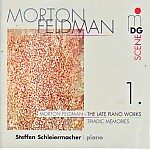
I discussed Triadic Memories, the longest yet arguably most accessible of Morton Feldman’s late piano works, in my review of Sabine Leibner’s recording (type Q9036
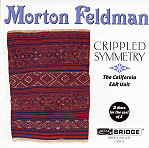
Morton Feldman’s music continues to exert its fascination on listeners and record companies alike. After releasing its highly successful recording of the more than three-hour-long
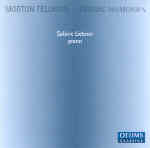
Among his infamously protracted late works, Morton Feldman’s Triadic Memories does not time out to the Wagnerian lengths of For Philip Guston or String Quartet
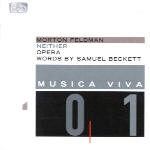
The opera Neither (1977) is one of the few text-based compositions in Morton Feldman’s rather extensive and very idiosyncratic canon. As in his other vocal
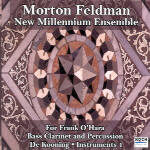
There’s a lot going for this recording of four short works by Morton Feldman, most notably the committed performances by the New Millennium Ensemble. These
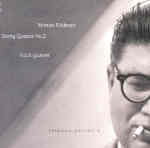
First, let me address the two most obvious issues. Question: Did you listen to all six hours of the bloody thing? Answer: Yes. Question: Did
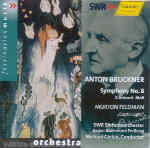
This Bruckner Eighth first appeared on Intercord about a decade ago, and it’s a very good performance, one that no one who knows and loves
![]()
